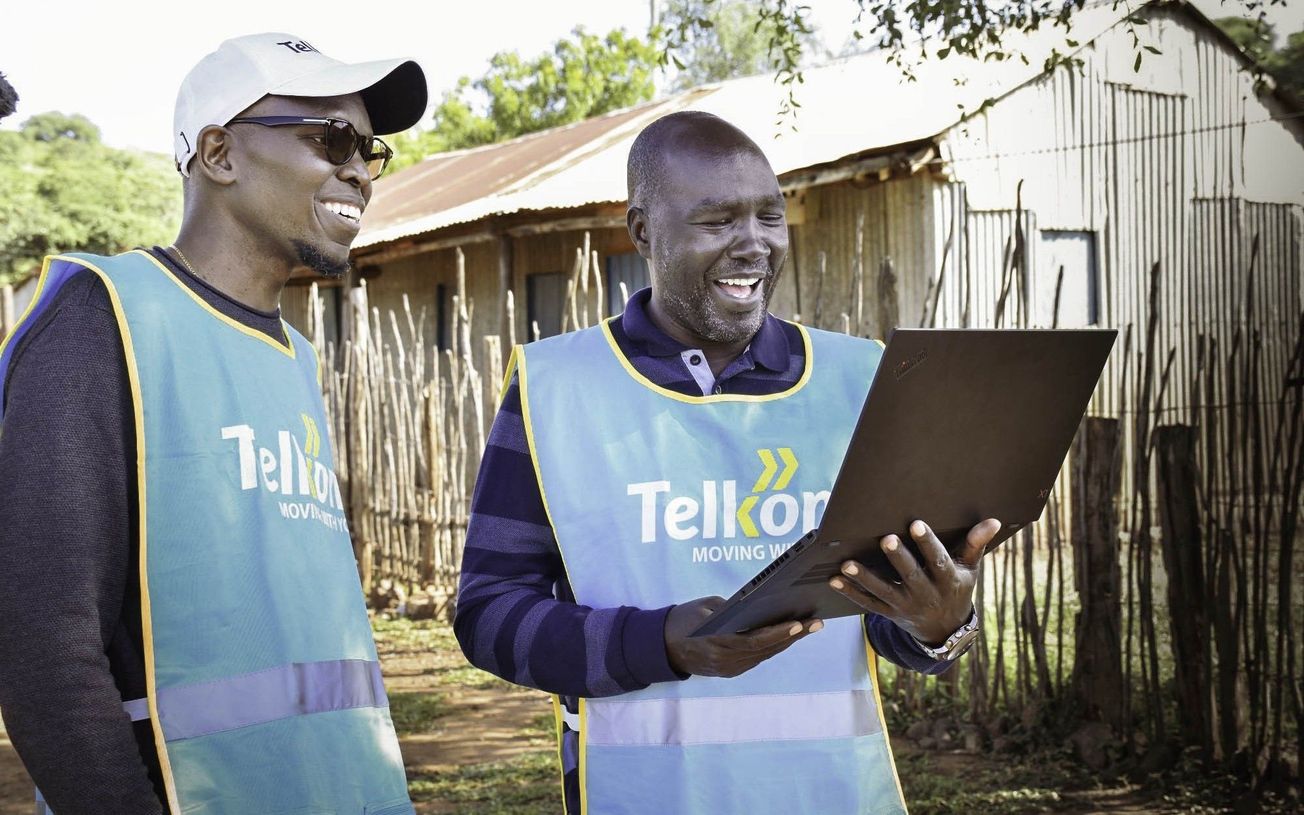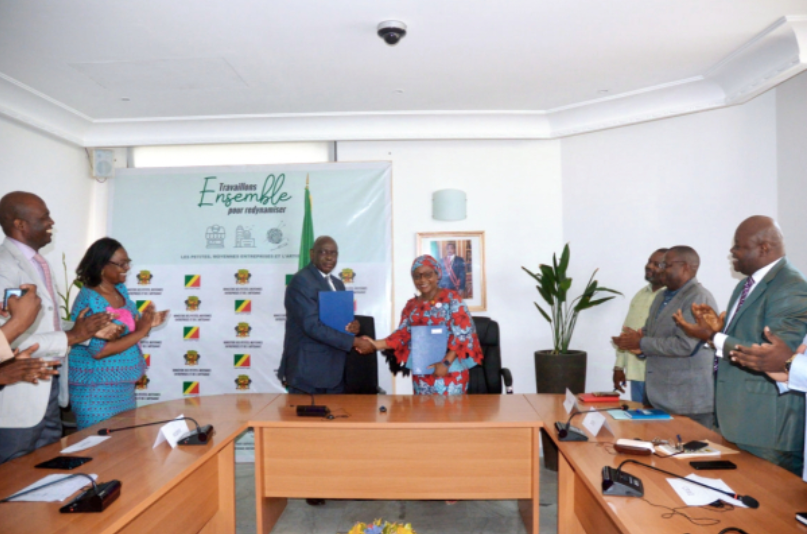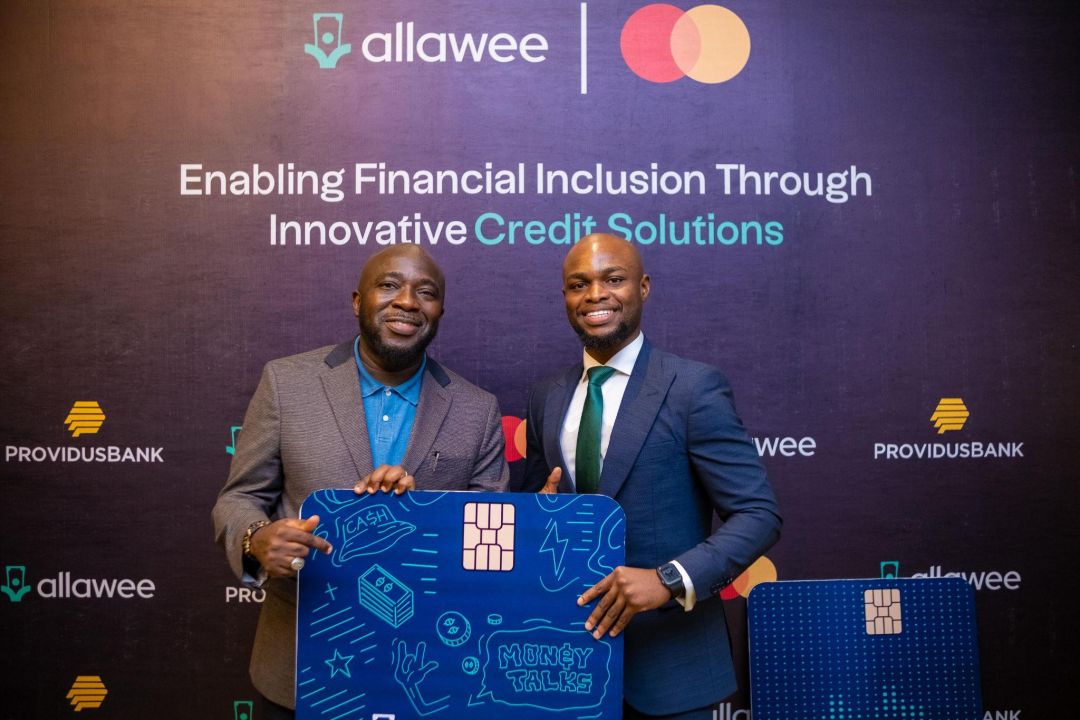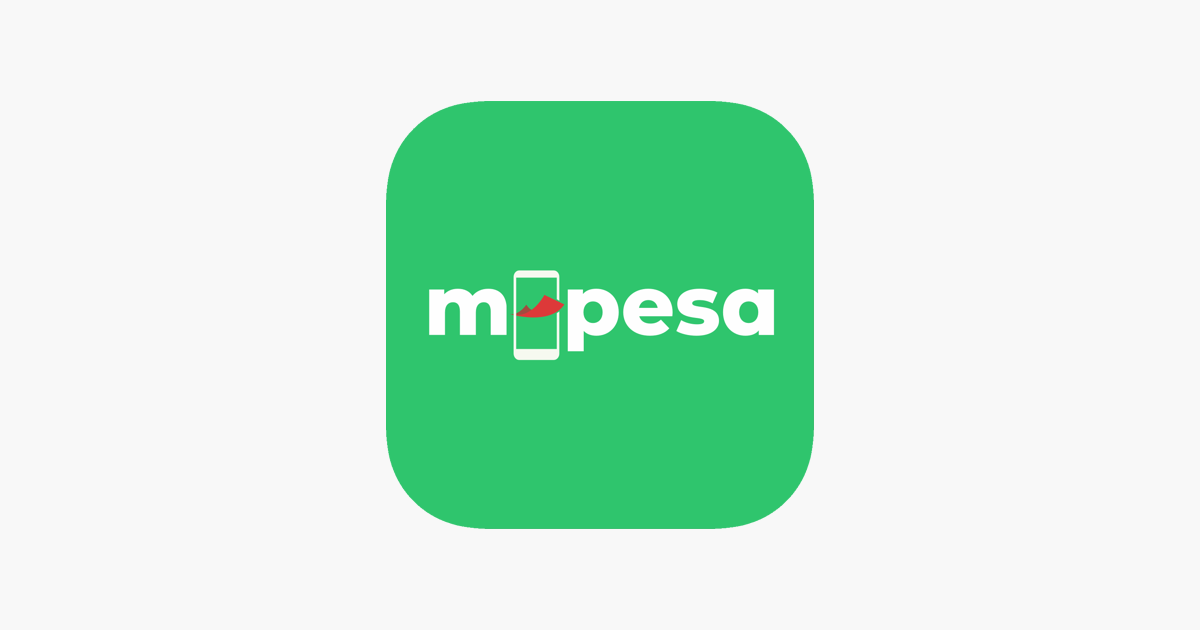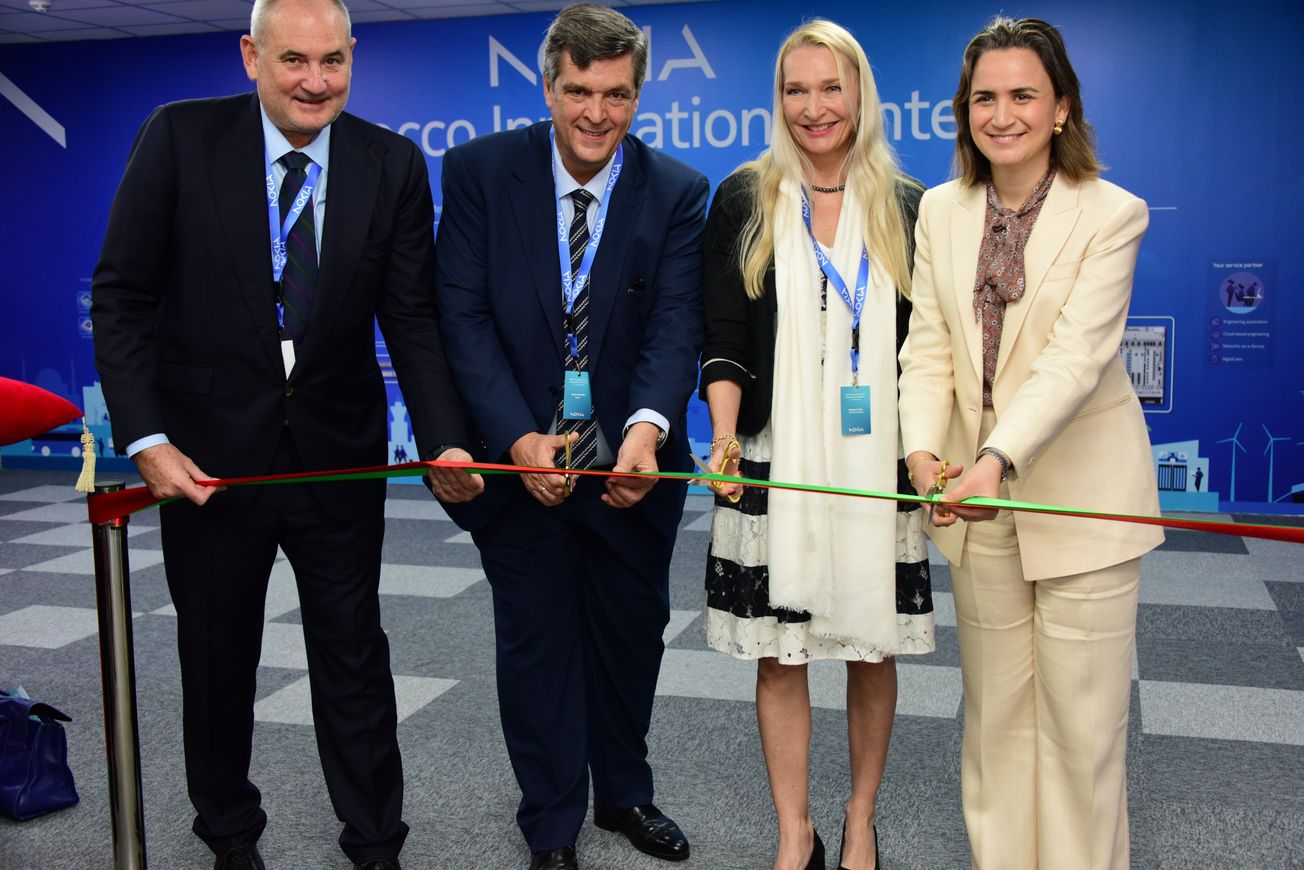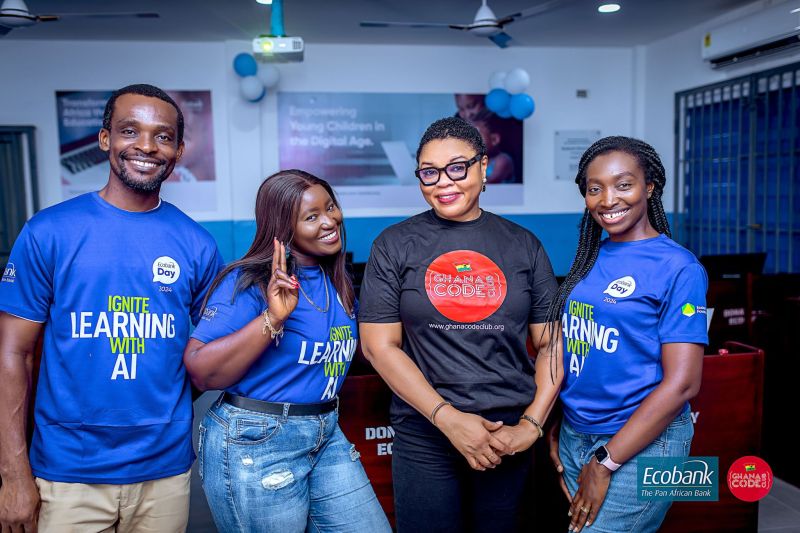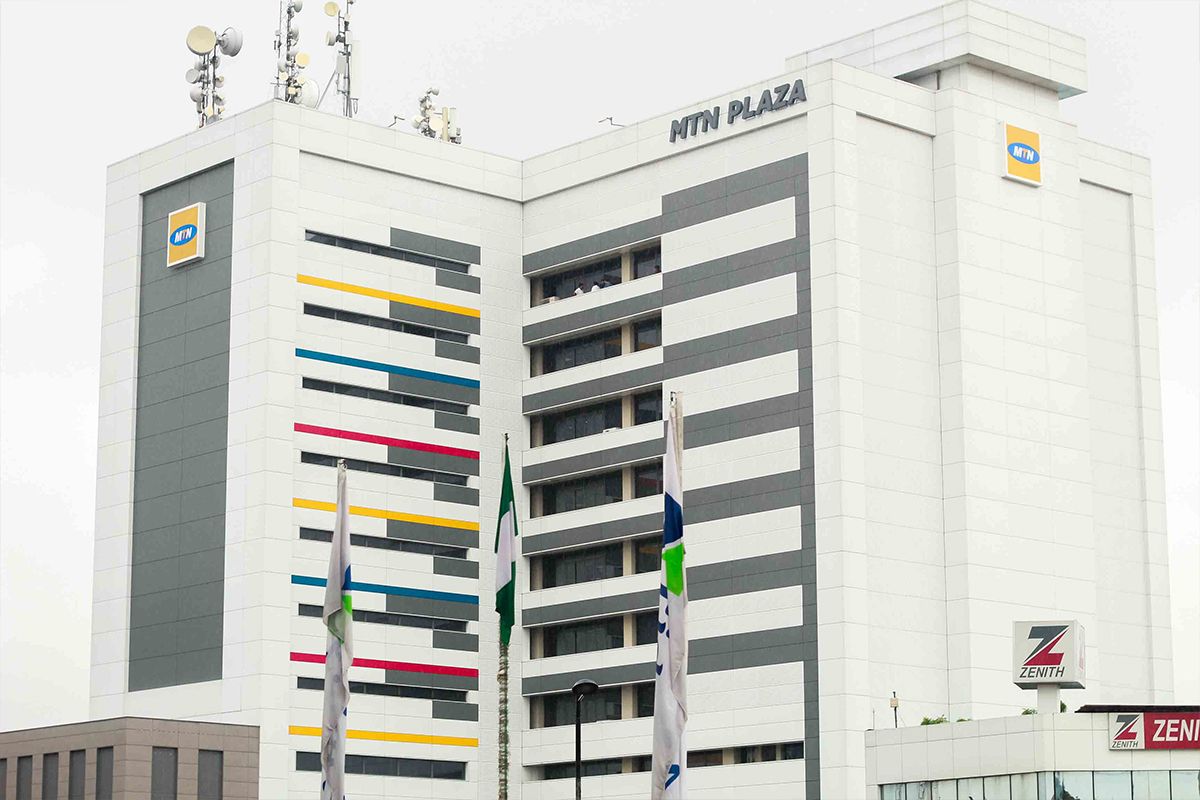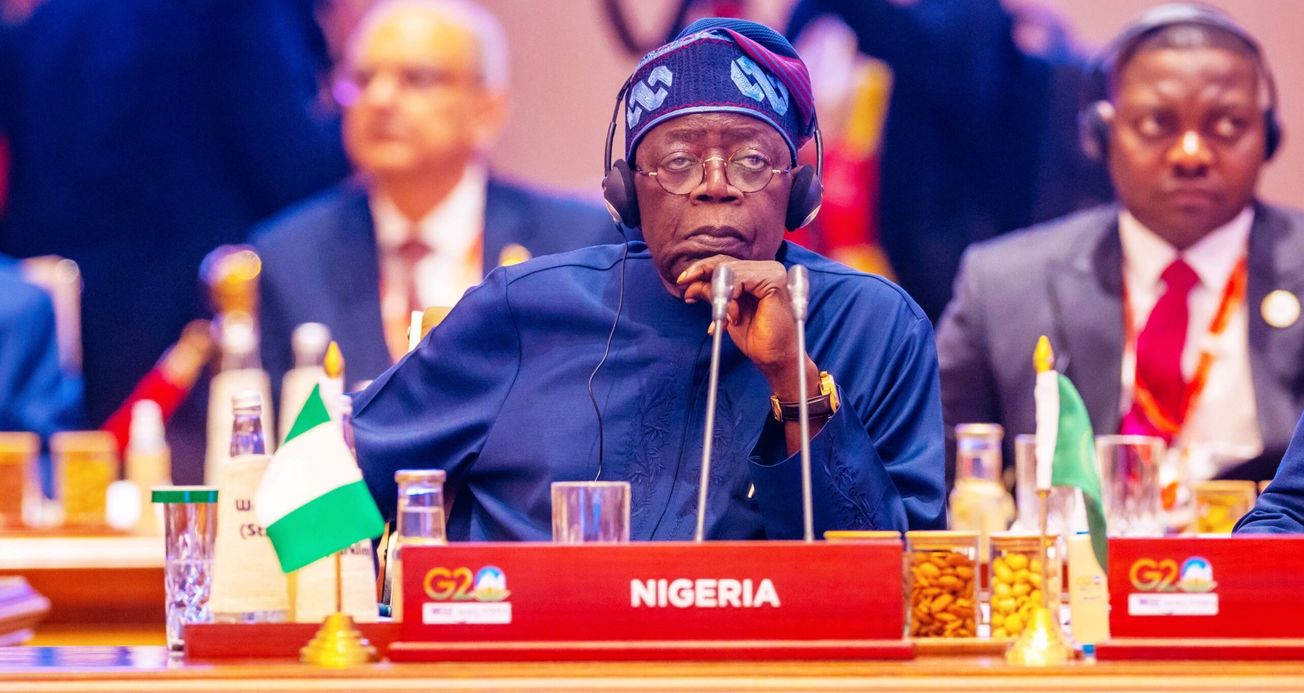Kenya, a 53 million population country, is among the fastest-growing economies in Sub-Saharan Africa with an economic growth rate of 5.7% in 2019, according to the World Bank.
Kenya has a youthful rural population. The latest data from the 2019 census by the Kenya National Bureau of Statistics (KNBS) reveals that 75% of Kenyans are below 35 years, while 68.9% live in rural areas.
Kenya’s growing economy has been affected by the COVID-19 crisis and a locust attack which started early 2020, affecting its agricultural sector and ultimately food security.
Kenya has opted for digital and financial deepening measures to quell the impact of the COVID-19 and locust crisis on its economy.
Snapshot of Digital and Financial Inclusion in Kenya
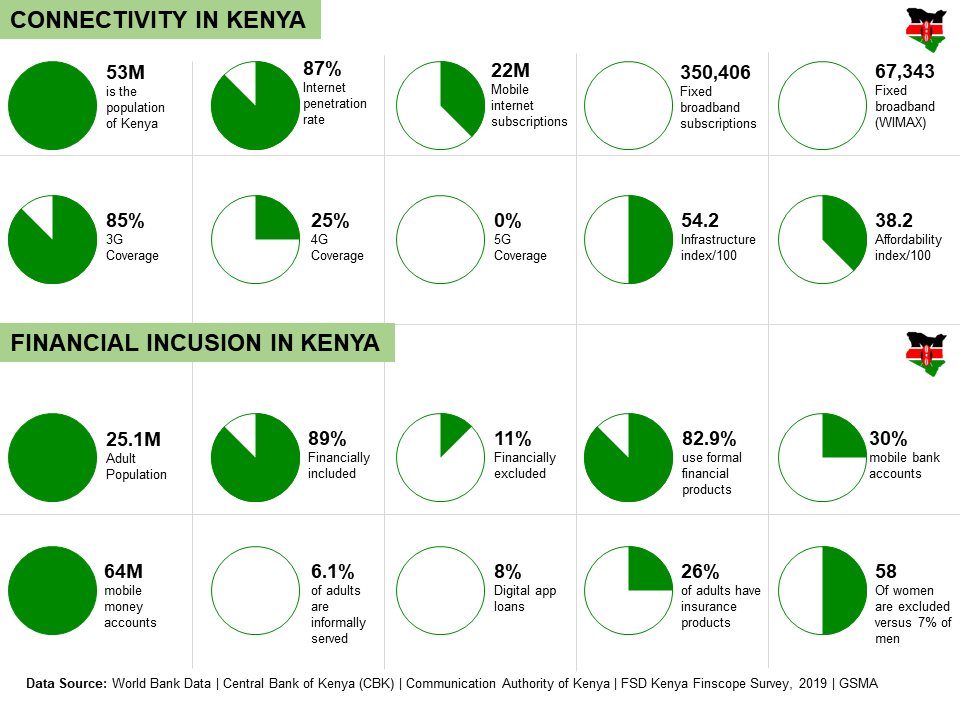
COVID-19 Response
Digital Inclusion
In March 2020, the Kenyan government partnered with Google and Telkom Kenya, a state-owned enterprise (40% equity share) to launch Google’s Loon in Kenya.
Loon is the first balloon-powered internet to launch in Africa. The project consists of a fleet of internet balloons that will provide internet services to remote areas of the country where 68% of the population live.
Google’s internet balloons are wireless Internet connectivity towers that float in the stratosphere to provide a signal strength similar to 4G connectivity.
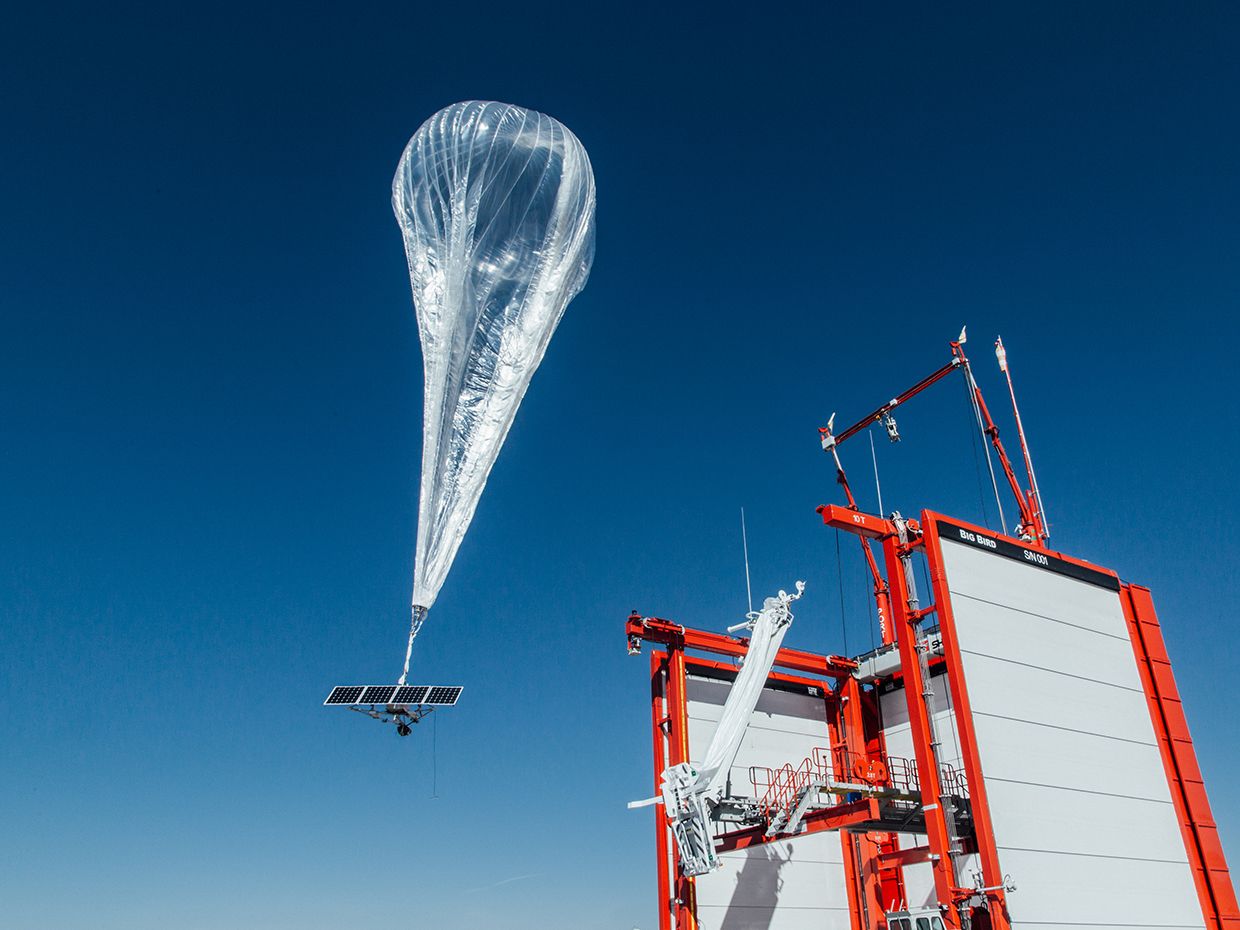
A single balloon can provide internet connectivity to an area of about 80km in diameter and serve about 1,000 users on the ground.
Impact of Google Loon:
In light of the COVID-19 pandemic, work, entertainment and learning are now streamed live as people continue to stay at home. It is necessary to accelerate access to high-speed internet for an optimal experience. The impact of Google Loon include:
1. Digital learning: Increased access to high-speed internet would provide the required download speed, upload speed and latency to learn digitally during the pandemic and in the future.
2. Digital Jobs: Increased access to high-speed internet would make it possible for Kenyans to secure digital jobs and digitally traded services. Amazon announced 3,000 digital jobs available to South Africans in June 20, amidst the pandemic. However, this was restricted to persons with access to fibre internet of up to 10Mbps.
3. Digital Tools: Increased access to high-speed internet would improve the use of digital tools such as gig economy job platforms including Uber, financial services apps, etc.
Financial Inclusion
The Kenyan government leveraged the country’s already high financial inclusion rate and took measures to limit the spread of COVID-19, through the use of cash by implementing these measures:
- Zero charges on mobile money transfers under 1,000 Kenyan Schillings (≈ $10). Transactions below $10 account for 90% of total transactions in Kenya.
- Increased daily transaction limit from 70,000 Kenyan Schillings to 150,000 (≈ $700 to $1,500)
- An increase in the limit for individual transfers to 300,000 Kenyan Schillings
Impact
As the lockdown was relaxed, there was unprecedented growth in mobile money accounts by a 5% increase as indicated below:
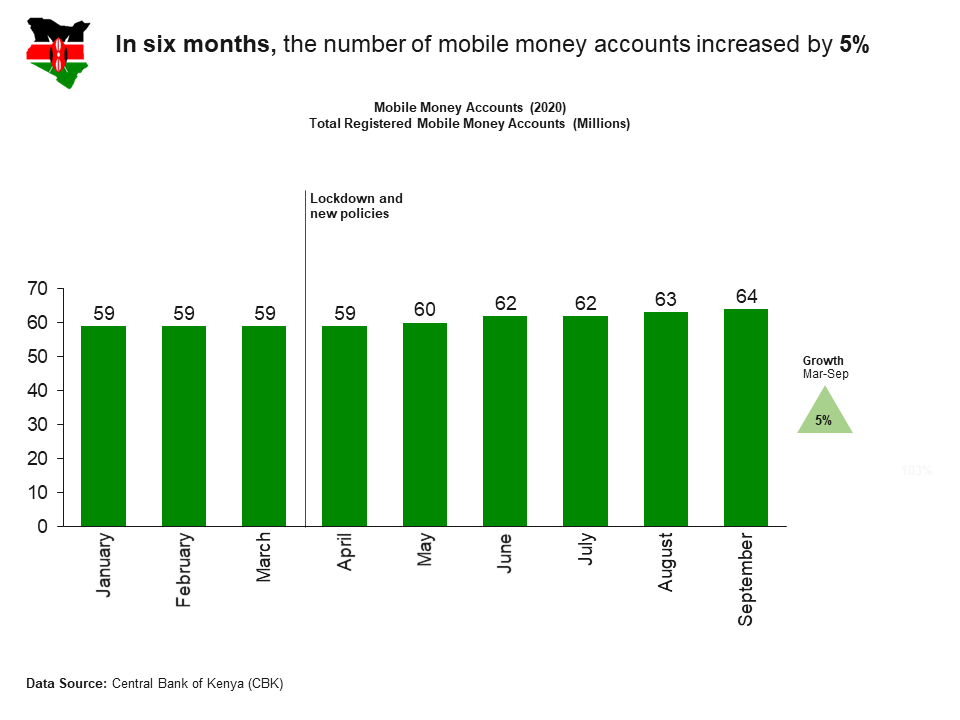
There was also an increase in mobile payments by 32%, 6 months after the new measures commenced.
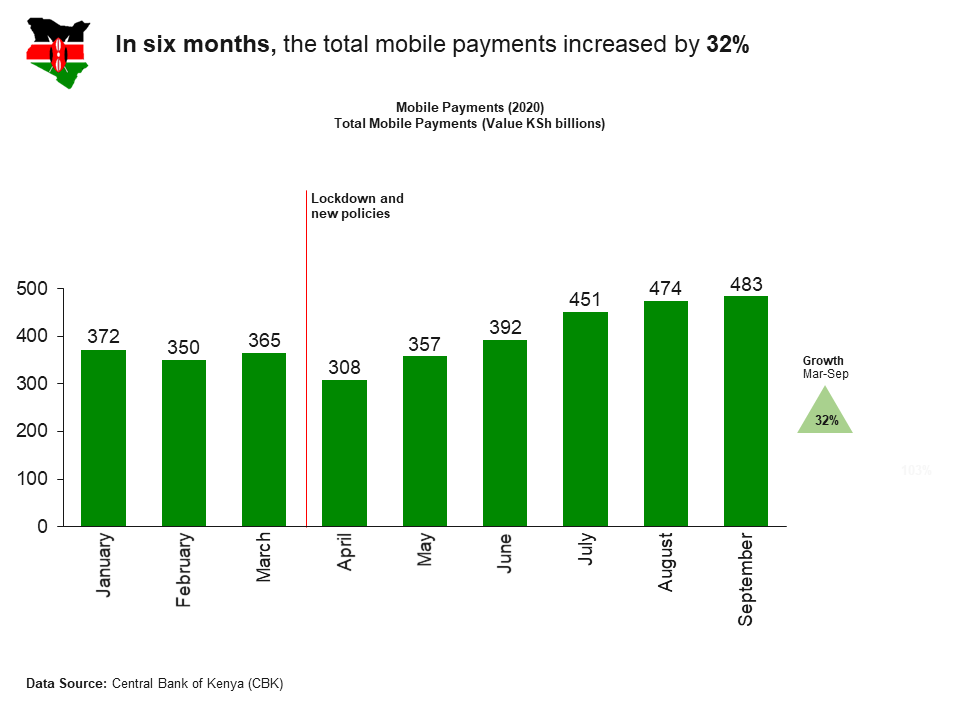
Recommendations for developing countries
Some lessons can be learnt from Kenya’s digital and financial response to the COVID-19 pandemic and its delivery:
Create and implement a digital economy master plan: Kenya has a publicly available National broadband Strategy and a National ICT Strategy.
It is therefore critical for developing countries to develop similar plans to guide the development of programs that will drive digital inclusion and unlock access to the growing number of digital jobs and digitally traded services.
Partnership for development: Kenya partnered with Google’s Loon for digital inclusion and Safaricom for financial deepening. This reduced implementation time and cost of delivery.
African governments must leverage global and local partnerships to enable inclusive growth that could accelerate job creation beyond the shores of the nation.
Reduced fees and cheap form factor: The data above shows reduced fees, increased users and value of transactions. A reduction in data prices would also drive usage of the internet, leading to increased access to digital jobs.
Gender-based disaggregation of data: What is missing in Kenya’s financial or digital data is a disaggregation of data by gender and other demographics. African governments must collect and present disaggregated data for effective policymaking.


